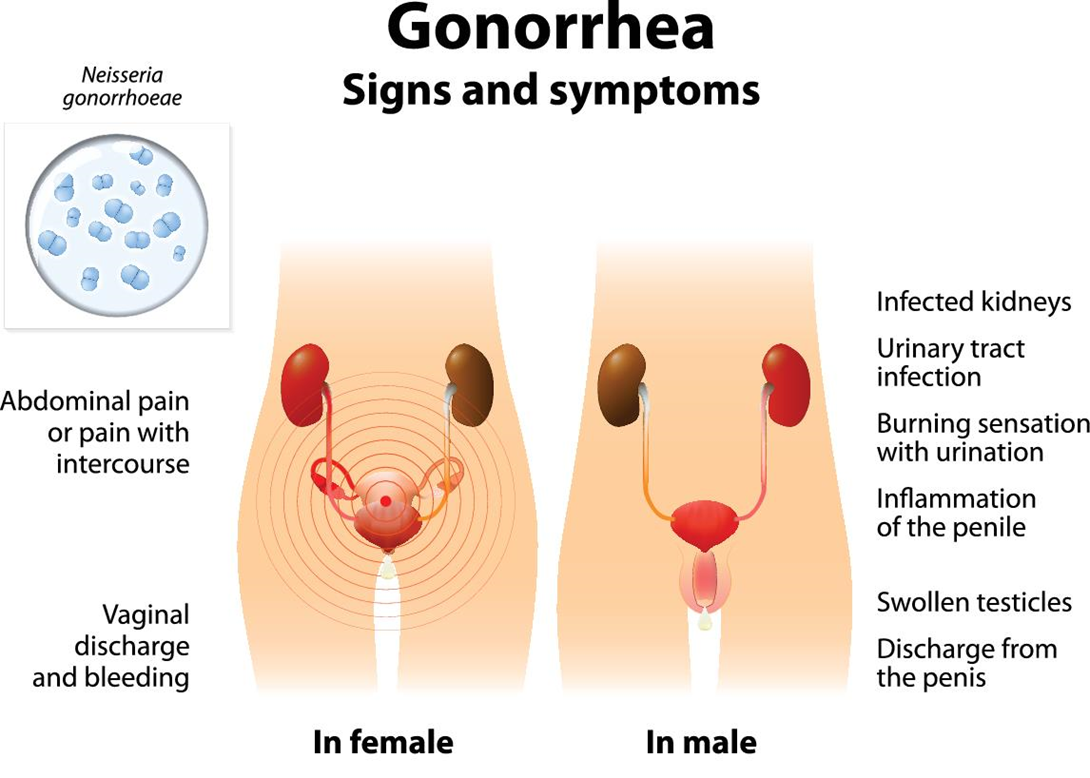Safe sex practices include avoiding the exchange of body fluids. The most essential component of counseling related to the prevention of sexually transmitted infections and human immunodeficiency virus is discussion of condom use. Nurses can help motivate clients to use condoms by initiating a discussion about which of the following?
Strategies to enhance condom use
Places to carry condoms safely
Leaving the decision up to the male partner
Choice of colors and special features
The Correct Answer is A
Choice A reason: Strategies to enhance condom use is correct because it is the most effective way to motivate clients to use condoms consistently and correctly. Some of these strategies include providing education, demonstrating skills, addressing barriers, and promoting communication.
Choice B reason: Places to carry condoms safely is incorrect because it is not the most essential component of counseling related to the prevention of sexually transmitted infections and human immunodeficiency virus. It is a practical aspect of condom use, but it does not address the underlying attitudes, beliefs, and behaviors that influence condom use.
Choice C reason: Leaving the decision up to the male partner is incorrect because it is not a way to motivate clients to use condoms. It is a passive and disempowering approach that can increase the risk of infection and unwanted pregnancy. Clients should be encouraged to take an active role in their sexual health and negotiate condom use with their partners.
Choice D reason: Choice of colors and special features is incorrect because it is not the most essential component of counseling related to the prevention of sexually transmitted infections and human immunodeficiency virus. It is a superficial aspect of condom use, but it does not address the underlying attitudes, beliefs, and behaviors that influence condom use.
Nursing Test Bank
Naxlex Comprehensive Predictor Exams
Related Questions
Correct Answer is B
Explanation
Choice A reason: Human papillomavirus is incorrect because it is not caused by a bacterium, but by a virus. It can cause genital warts and cervical cancer, but it cannot be cured with antibiotics.
Choice B reason: Gonorrhea is correct because it is caused by a bacterium called Neisseria gonorrhoeae, often produces no symptoms, but can be treated with antibiotics. If symptoms occur, they may include painful urination and discharge from the penis or vagina. If left untreated, the infection can result in more serious long-term problems, including infertility, pain, and joint problems.
Choice C reason: Herpes simplex virus is incorrect because it is not caused by a bacterium, but by a virus. It can cause genital herpes, which is marked by painful blisters and sores in the genital area. It cannot be cured with antibiotics, but antiviral medications can help reduce the frequency and severity of outbreaks.
Choice D reason: Cytomegalovirus is incorrect because it is not caused by a bacterium, but by a virus. It usually causes mild or no symptoms in healthy people, but can be serious in people with weakened immune systems or unborn babies. It cannot be cured with antibiotics, but antiviral medications can help treat the symptoms.

Correct Answer is B
Explanation
Choice A reason: This is incorrect. Decreased production of erythrocytes (red blood cells) is a consequence, not a cause, of iron deficiency anemia. Iron is needed to make hemoglobin, the protein that carries oxygen in the red blood cells. Without enough iron, the body cannot produce enough hemoglobin or red blood cells¹.
Choice B reason: This is correct. Inadequate intake of iron is the most common cause of iron deficiency anemia during pregnancy. Pregnant women need more iron than nonpregnant women to support the increased blood volume and the fetal growth. If the dietary intake of iron is not sufficient, the body will use up its iron stores, leading to iron deficiency anemia.
Choice C reason: This is incorrect. Dilution of hemoglobin concentration is a normal physiological change during pregnancy, not a cause of iron deficiency anemia. The blood volume increases by 20% to 30% during pregnancy, while the red blood cell mass increases by only 15% to 20%. This results in a lower concentration of hemoglobin in the blood, but not necessarily a lower amount of hemoglobin or iron³.
Choice D reason: This is incorrect. The fetus establishing iron stores is not a cause of iron deficiency anemia during pregnancy, although it can contribute to it. The fetus needs iron for its own development and growth, and it obtains iron from the mother through the placenta. The fetal iron demand increases in the second and third trimesters, when the fetus accumulates iron in its liver and other tissues. This can deplete the maternal iron stores, especially if the mother does not consume enough iron.
Whether you are a student looking to ace your exams or a practicing nurse seeking to enhance your expertise , our nursing education contents will empower you with the confidence and competence to make a difference in the lives of patients and become a respected leader in the healthcare field.
Visit Naxlex, invest in your future and unlock endless possibilities with our unparalleled nursing education contents today
Report Wrong Answer on the Current Question
Do you disagree with the answer? If yes, what is your expected answer? Explain.
Kindly be descriptive with the issue you are facing.
